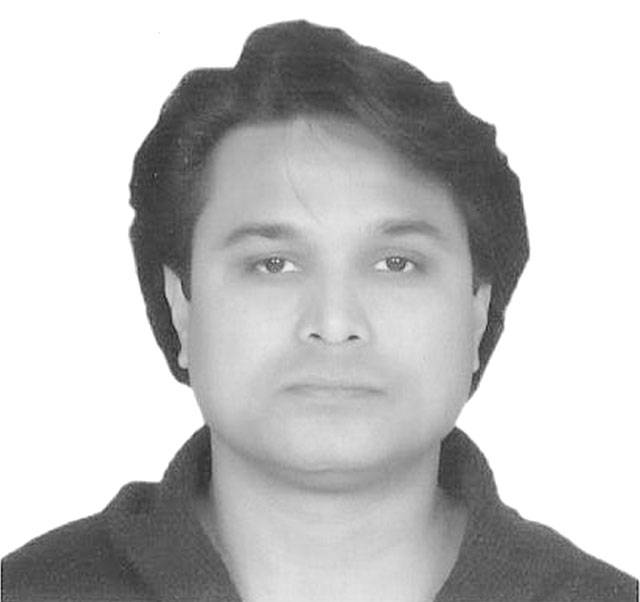In negation of the perception that China’s two sessions are an eyewash, the world is admitting gradually that they are the core to all-round success as what is designed, decided and implemented by lawmakers and political advisors in cohesion leads to positive impacts on people’s life and developments in global affairs. The 14th NPC and CPPCC’s annual gatherings have helped global leadership understand the functionality of socialist democracy and its grassroots dynamics. They have unboxed the nitty-gritty of knowledge to know how a system propelled by socialism with Chinese characteristics led by President Xi Jinping and his team is producing decent results in terms of eradication of absolute poverty, the challenges of pre and post Covid-19 and economic sustainability in China with people-centric policies. The global effects of the two sessions are profound and wide-ranging considering the reality that China is the second-largest economy in the world and a global player in the geo-economic, geo-political and geo-strategic affairs of the world. On the issue of democratization which is among the top priorities of the world, two sessions have ignited a pragmatic sense of whole-process democracy. It does not draw parallels with other democracies practiced in the world rather it has its own exclusive modalities and doctrines.
In the words of the Chinese president, “Whether a country is democratic or not depends on whether its people are truly the masters of the country. It depends on whether the people have the right to vote, and more importantly, the right to participate.” In China, deputies to county and township-level people’s congresses are directly elected by voters, while deputies to congresses above the county level are elected by deputies at the next lower level. Till last June, over 1 billion voters had cast their ballots on a one-person-one-vote basis in elections of over 2.6 million deputies to people’s congresses at the township and county levels, according to the General Office of the Standing Committee of the NPC. Even the Chinese president’s nomination as a deputy to the 14th NPC was put to a vote at a provincial congress. President Xi was elected to the 14th NPC by a unanimous vote at the first session of the 14th Jiangsu Provincial People’s Congress in January.
In the past decade, Xi has participated in deliberation with lawmakers or political advisors 53 times at the annual Two Sessions, having listened to the opinions and suggestions of over 400 NPC deputies and CPPCC members. Calling for the stage to be set for building a modern socialist country in all respects, the report listed the main targets for development in 2023, including a GDP growth of around five percent, an increase of the consumer price index of around three percent and a deficit-to-GDP ratio of three percent. According to a recent report released by the American Chamber of Commerce in South China, more than 90 percent of the participating companies selected China as one of the most important investment destinations. The International Monetary Fund raised the estimate for China’s growth to 5.2 percent in its latest World Economic Outlook report.
As 2023 marks the 45th anniversary of China’s reform and opening up and the 10th anniversary of the Belt and Road Initiative (BRI), two sessions are buzzwords for the world. As China gears up for a new stage of development amid complex domestic and international situations, its work plans for the next 12 months will chart a new course for the country and will also have a significant impact on the world. Chinese Foreign Minister Qin Gang stressed at a press conference during the ongoing two sessions that during the past decade, the BRI has galvanized nearly $1 trillion of investment, establishing 3,000 cooperation projects, creating 420,000 jobs in involved countries and regions, and lifting 40 million people out of poverty.
Thursday, November 21, 2024
China’s Two Sessions 2023

Livestock dept sets up facilitation desk for livestock cards
November 21, 2024
Weekly health camp begins in Sialkot hospitals
November 21, 2024
Incharge federal ombudsman holds open court
November 21, 2024
Khanewal DC, DPO open eco-friendly projects
November 21, 2024
-
Hunger crisis to increase in South Sudan, warns UN
-
Hunger crisis to increase in South Sudan, warns UN
-
Pakistan’s judiciary champions climate justice at COP29 in Baku
-
Punjab struggles with persistent smog as Met Office forecast rainfall
-
Punjab residents face escalating smog crisis as pollution levels soar across country
-
Qatar says Hamas 'no longer welcome' in Gulf state
Digital Stagnation
November 20, 2024
Xi’s Red Lines
November 20, 2024
Last Call
November 20, 2024
Sindh & Indus
November 19, 2024
Another US Escalation
November 19, 2024
Tackle Corruption Within School Boards
November 20, 2024
To Be Opportunistic
November 20, 2024
Democratic Backsliding
November 20, 2024
Empowering Tharparkar through Skills Development
November 20, 2024
Why Not Use AI to Address Climate Change?
November 19, 2024
ePaper - Nawaiwaqt
Nawaiwaqt Group | Copyright © 2024





